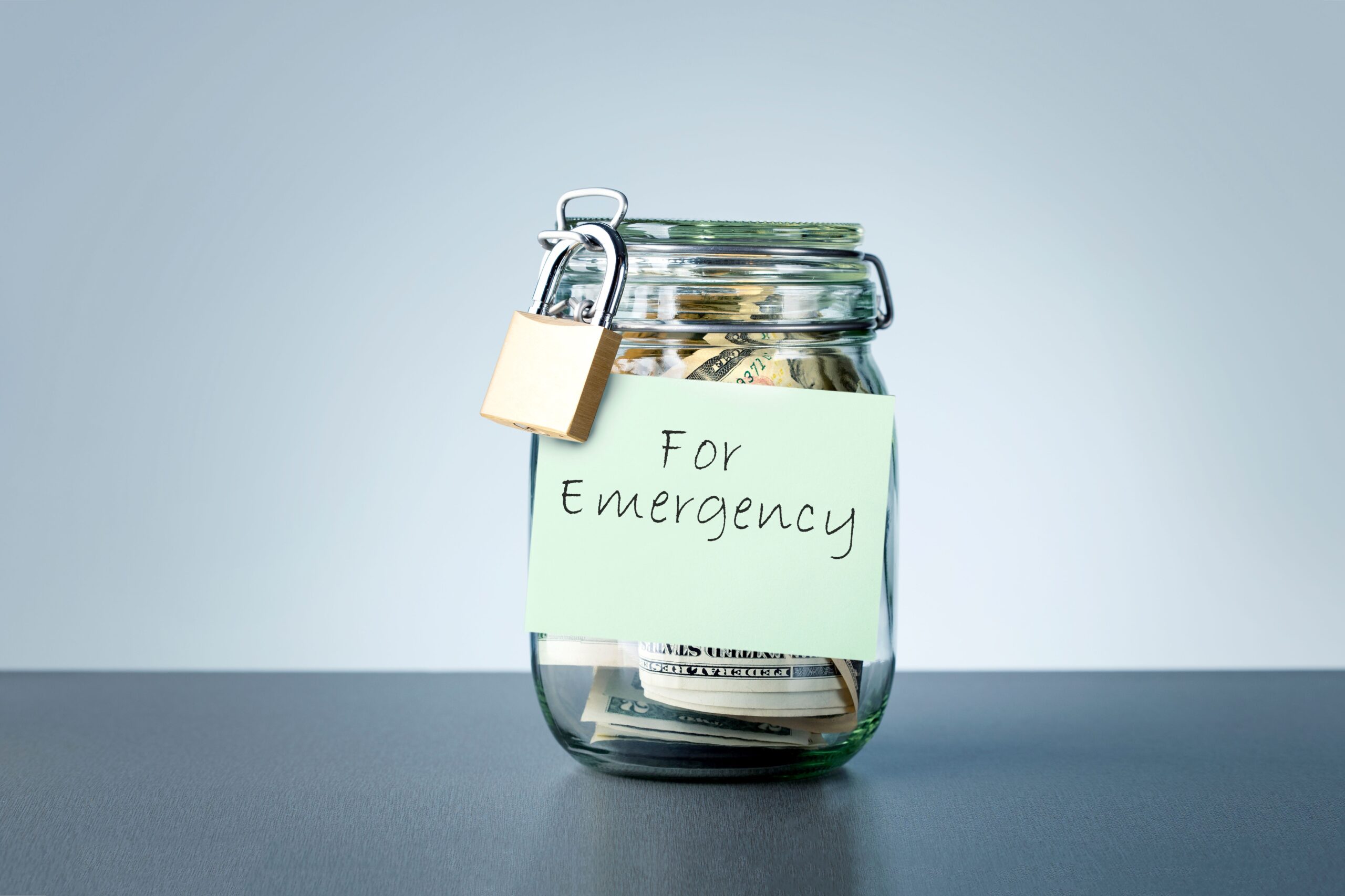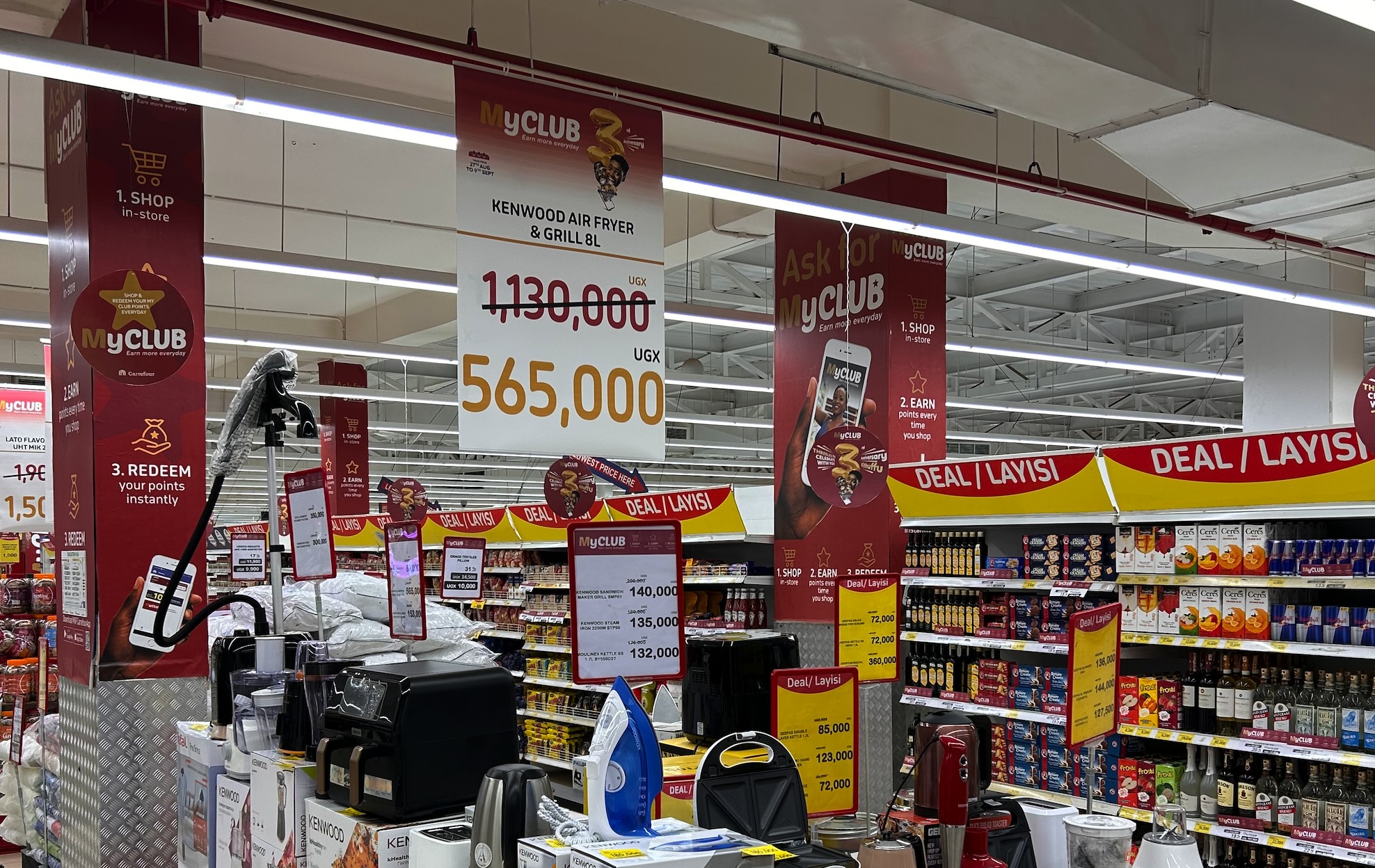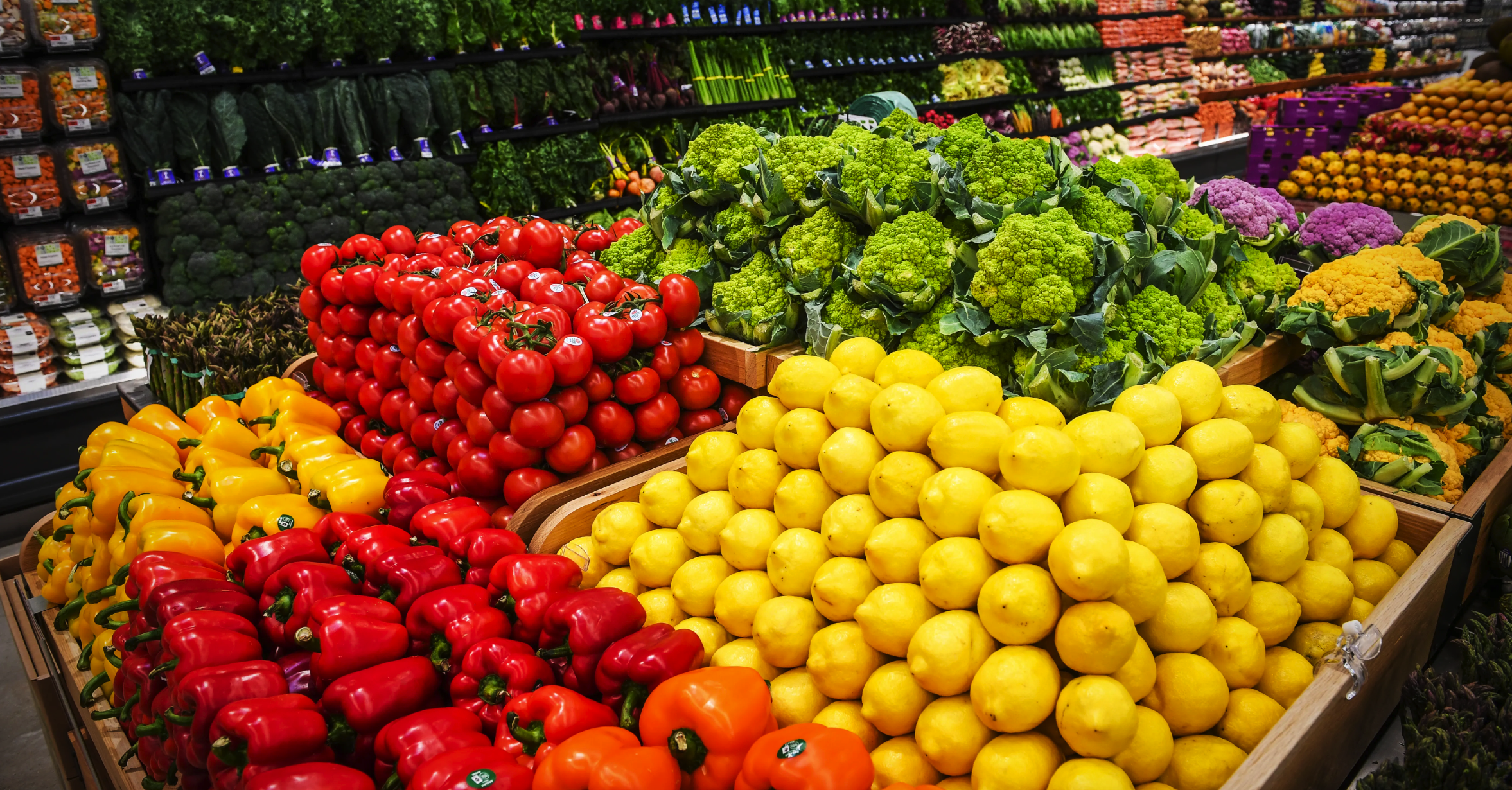
Amidst Uganda’s challenging economic landscape, characterized by rising inflation and stagnant incomes, mastering budget shopping techniques becomes paramount for individuals navigating the bustling streets of Kampala. The recent decline in headline inflation to 4.6% in 2023 from 7.2% in 2022 provides a glimmer of hope, yet the cost of necessities like food and fuel remains high, eroding purchasing power and exacerbating the financial strain on households. To combat these challenges, adopting savvy shopping habits is essential. Here are six practical strategies tailored to help you shop wisely and save money amidst the high cost of living:
- Make A Shopping List
At the core of budget-friendly shopping lies strategic planning. Before venturing out to the market or supermarket, take a moment to compose a detailed list of essential items you need and their corresponding prices. This simple yet powerful practice helps you stay focused, warding off the temptation of impulse purchases that can derail your budget. By knowing exactly what you need and how much you’re willing to spend, you can make informed decisions and prioritize your purchases, ensuring that every shilling is spent wisely and efficiently.
- Plan Your Meals Ahead of Time
Planning your meals for the week ahead not only fosters healthier eating habits but also enables you to purchase only the necessary ingredients, thereby curbing food waste and saving money in the process. By strategically outlining your meals, you can ensure that every item you buy serves a purpose, minimizing the risk of unused ingredients languishing in your pantry. This proactive approach not only contributes to a more efficient shopping experience but also aligns with sustainable consumption practices. Embrace meal planning as a fundamental aspect of budget-friendly shopping, reaping the benefits of both financial savings and reduced food waste.
- Hunt For Deals and Discounts
In Uganda, prices for the same item can vary widely between different stores and markets. Take advantage of this by comparing prices across multiple retailers before making a purchase. Visit local markets, supermarkets, and even online stores to find the best deals. Additionally, keep an eye out for discounts, promotions, and sales events, especially during festive seasons. Many stores offer discounts on certain items or bulk purchases, helping you stretch your shilling further. For example, Carrefour has weekend discounts and daily deals on a range of essential foods and items or at Fraine Supermarket’s weekend discounts.
- Bulk Purchases and Collective Buying:
The adage “buying in bulk saves bucks” rings especially true in Uganda, where purchasing non-perishable staples like rice, beans, and cooking oil in larger quantities proves economically advantageous. Consider joining family members, friends, or neighbors to pool resources and buy items in bulk. By sharing the cost burden of bulk purchases, you can capitalize on wholesale prices and accrue substantial savings over time. However, exercise prudence in storage practices to lower the risk of spoilage or wastage.
- Explore Local Markets and Street Vendors:
Local markets and street vendors are treasure troves of affordable goods in Uganda. These vibrant hubs offer a wide variety of fresh produce, grains, spices, and household essentials at competitive prices. Unlike supermarkets, where overhead costs may drive up prices, local markets establish a direct link between producers and consumers, eliminating intermediaries and reducing expenses. Take advantage of the rich diversity and competitive prices available at your nearest market around Nakasero or Wandegeya or from street vendors on the usually busy roads in Kampala.
- Embrace DIY and Second-hand Shopping:
Embracing a do-it-yourself (DIY) mindset and opting for second-hand items can be transformative for your budget while also promoting sustainability. Instead of succumbing to the convenience of pre-packaged snacks or processed foods, consider the gratification of creating meals from scratch using locally available ingredients. Not only does this approach foster healthier eating habits, but it also significantly reduces your grocery expenses in the long run. Similarly, delve into the treasure troves of thrift stores, flea markets like Owino, and online platforms offering gently used items. From clothing and furniture to household goods, you’ll be pleasantly surprised by the quality and affordability of second-hand treasures. Often, these items are as good as new, boasting unique character and history while sparing your wallet from hefty price tags.






















































